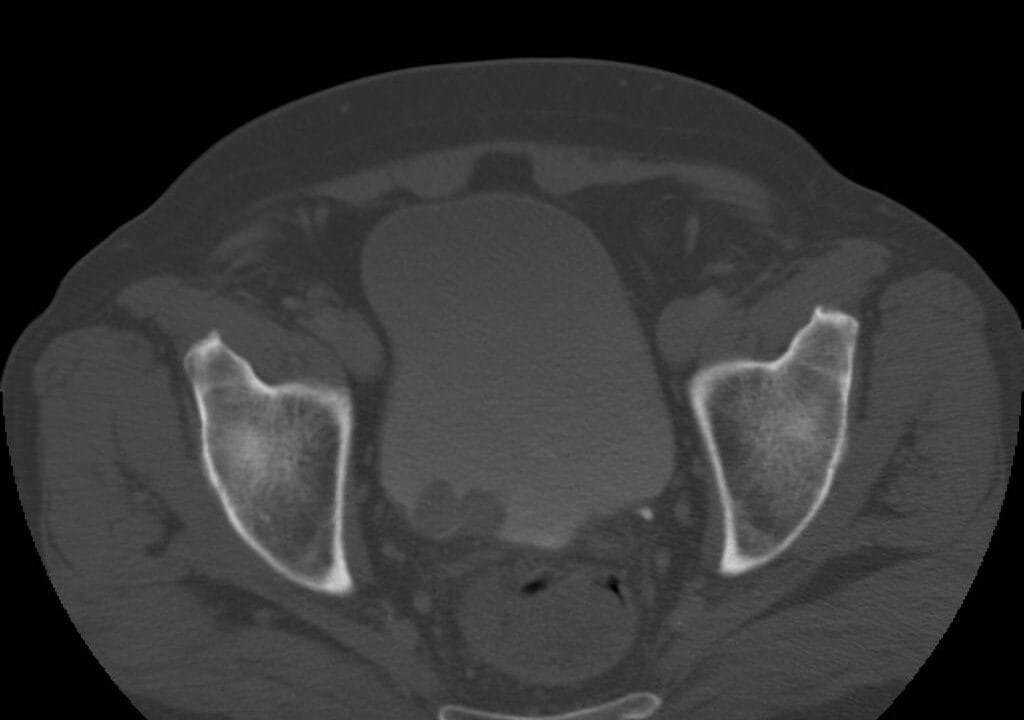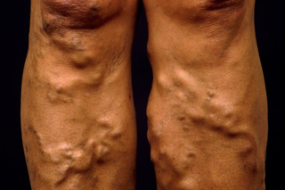
Main types of Bladder Cancer
- Transitional cell carcinoma (TCC) – most common worldwide
- Squamous cell carcinoma(SCC) – chronic inflammation
- Others – adenocarcinoma, malignant melanoma
Risk factors
- Rubber exposure
- Smoking
- Chronic bladder inflammation. Causes are
- Long term catheterization
- Schistosomiasis
- Bladder stones
Clinical presentation
- Total hematuria, painless
- Irritative and obstructive voiding symptoms
- Constitutional symptoms
- Pain
Investigations
- Urinalysis – looks for hematuria
- Cystoscopy – the gold standard
- Urine cytology – to look for malignant cells
- CT urogram – to rule out other causes of hematuria
- CT scan and bone scan for staging
Grading
- Well-differentiated
- Moderately differentiated
- Poorly differentiated
Staging -TNM
Management
- Supportive- analgesia, blood transfusion, nutrition, end-of-life care for late disease
- Definitive
TCC is sensitive to radiotherapy and chemotherapy; SCC is not sensitive
Early disease;
- TCC- transurethral resection of bladder tumour (TURBT), followed by chemotherapy or radiotherapy.
- Follow up quarterly for 1st yr, half-yearly for 2nd yr, and yearly thereafter with cystoscopy.
- There’s a role for BCG.
- SCC- cystectomy followed by neobladder construction or urinary diversion
Late disease;
- Palliative care- chemotherapy, immunotherapy
- Urinary diversion
Metastases– lung, liver, bone












